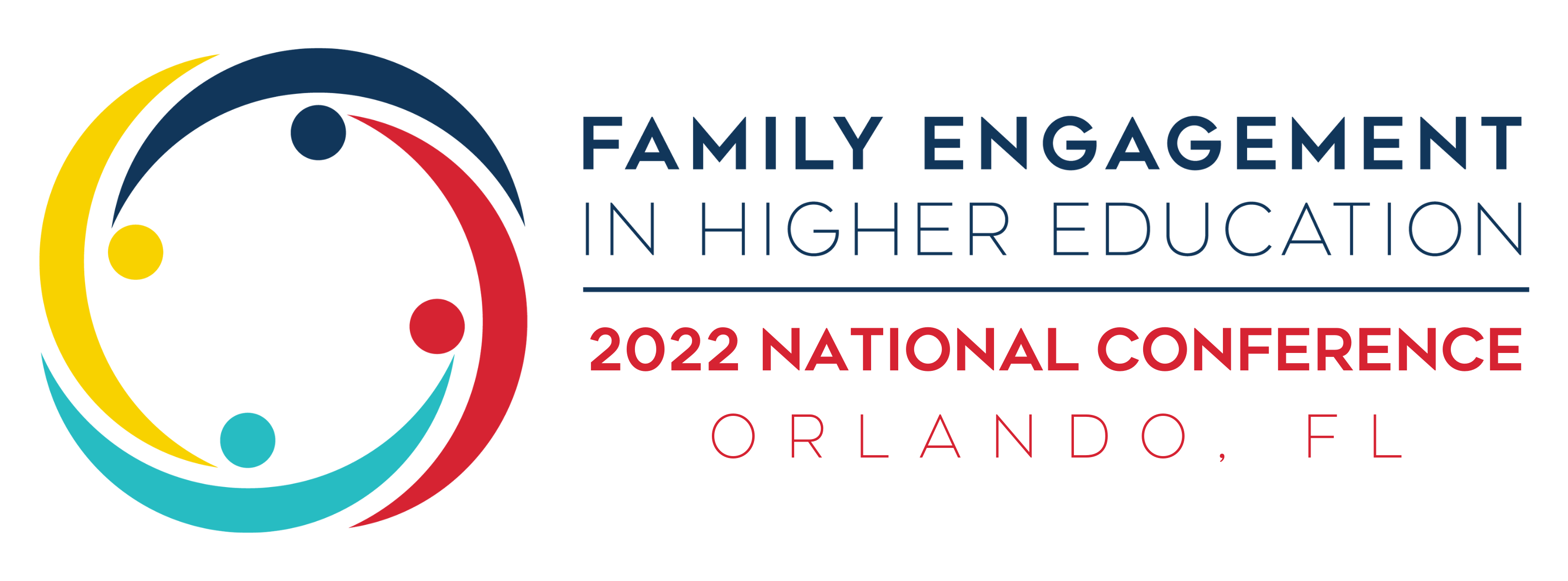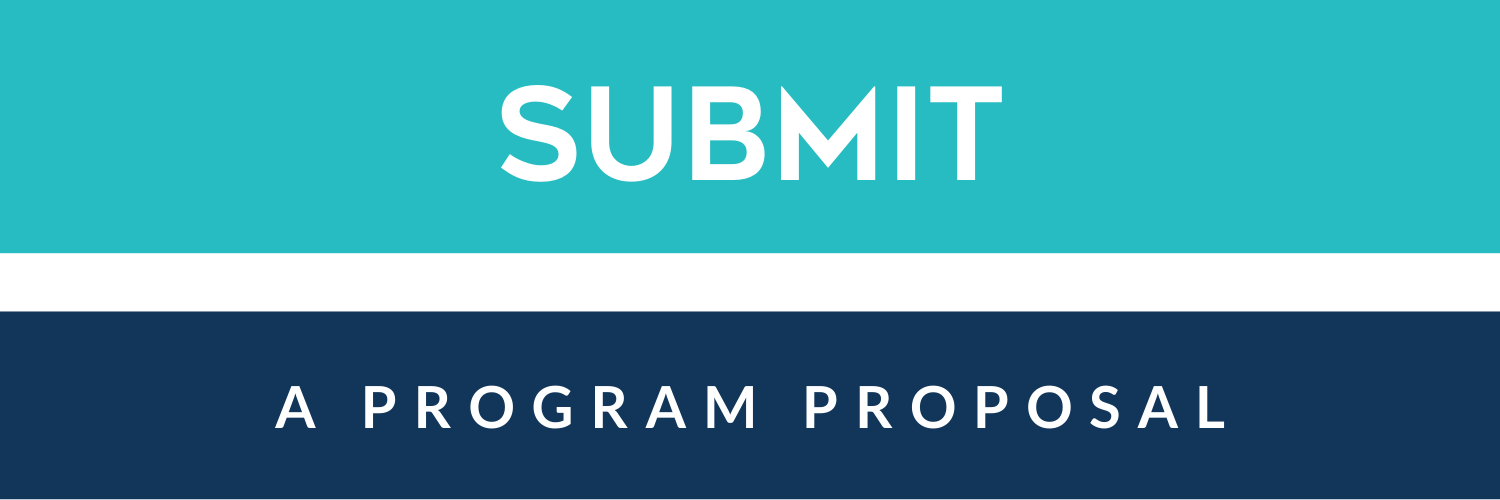Call for Educational Program Proposals
AHEPPP: Family Engagement in Higher Education invites professional staff, faculty, community partners, and graduate students from all academic disciplines and departments to consider presenting a program at the 2022 Family Engagement in Higher Education National Conference November 2 - 4 in Orlando, Florida.
As family engagement professionals, we know it is important to capture and share the experiences we facilitate that bring value to our institutional communities. Now is your opportunity to share this knowledge with your colleagues across the country! 
Important Dates
February 25 | Educational programs proposal submission process begins
Mid-March | Educational programs peer reviewer application process begins
April 5 | Deadline for peer reviewer applications
April 29 | Deadline for educational program proposals at 11:59 p.m. ET (8:59 p.m. PT)
Mid-June | Notification of selected educational programs
 (coming soon!) (coming soon!)
Need help getting started? Read How to Develop a Successful Educational Program Proposal for the AHEPPP National Conference.
Topics should reflect the mission of AHEPPP, which works to support professionals in higher education who promote student success through informed parent and family engagement. You may view past programs on the AHEPPP website - 2019, 2018, 2017, 2016, 2015, and 2014.
Priority Topics
Last year’s conference assessment revealed that AHEPPP members are most interested in learning about these trends:
- Equity, Belonging, and Inclusion
- Fundraising with Parents/Families
- Family experiences university wide
- Engaging families in supporting student mental health
- Investing in and the value of a college degree
- Up-and-coming research
- Shifting family dynamics/Generational trends
- Self advocacy
What to include in your program proposal:
Educational program proposals should include specific participant learning outcomes and be grounded in both research and theoretical frameworks, if applicable. Additionally, proposals must address how the information presented can be adapted to different types and sizes of institutions.
- Presenter(s) Information
- Educational Program Title
- Educational Program Abstract: A maximum 50-word description of what your presentation will cover. This is what will appear in the conference schedule if your educational program is selected.
- Purpose & Practical Application: A maximum 500-word statement that includes the purpose of your program, evidence of relevant research or assessment data as the foundation of your program, and practical application for other institutions.
- AHEPPP values that your Program Represents: Selection of values and 500-word maximum explanation of how it fits them.
- Outline of Educational Program: A maximum 50-word description and detailed outline with time estimates and explanation of participant engagement.
- Style and Length of Program: Lecture, Roundtable, Panel, other; Traditional (45-50min) or Workshop (105 min)
- Special consideration will be given to proposals that feature collaborations with other university departments outside of parent and family programs (i.e. Dean of Students, fundraising, counseling services, admissions, orientation, etc).
If you have questions, please contact the Conference Programming Co-Chairs:
|
 (coming soon!)
(coming soon!)

